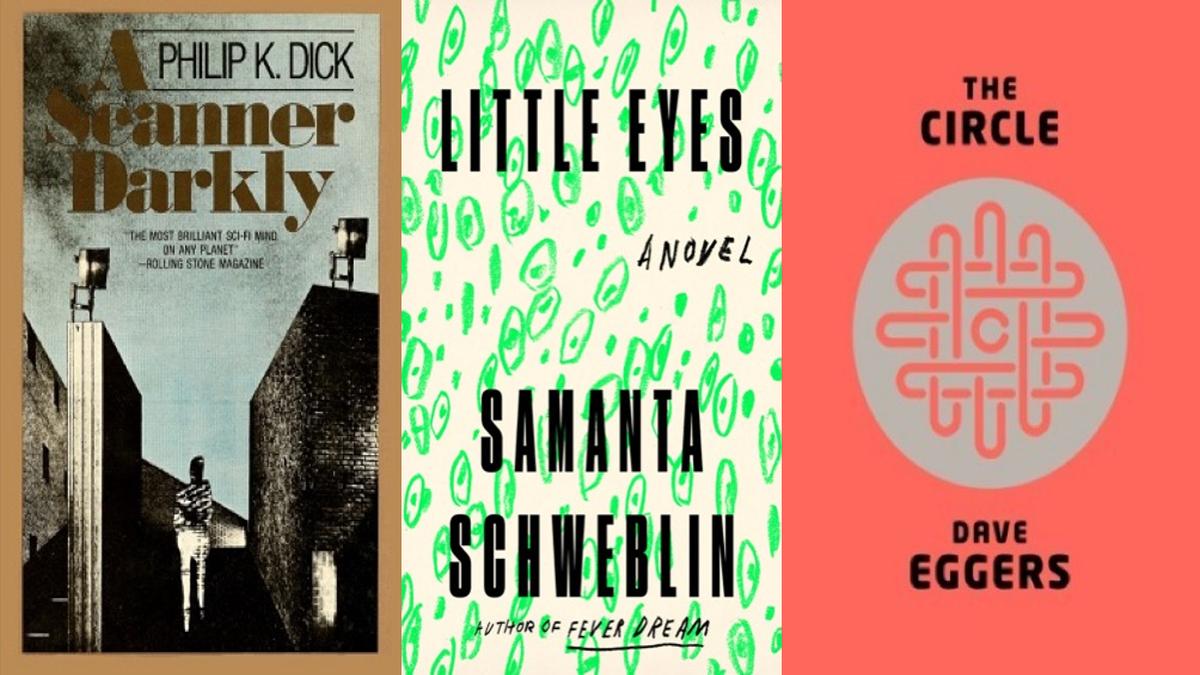
Sick of imagining a world where things could get better? Want to wallow in the grim darkness of the modern era? Want to fear the future like any self-respecting doomer sci-fi author of yesterday? I’ve got what you need. Since the genre’s inception, science fiction has warned us of the many whimpers and bangs with which the world will end, and Black Mirror has newly leant its voice to the pessimistic conversation. If you’re looking for ten upsetting sci-fi books that feel like your favorite Black Mirror episodes, you’ve come to the right place. It’s time your inner child was acquainted with your inner cynic – to depress the hope right out of you.
The Circle
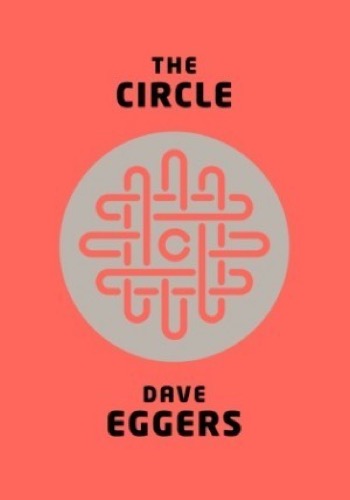
The Circle author David Eggers, images a world where society is controlled by one massive social media company. It’s Facebook, Bank of America, TikTok and an Orwellian internet surveillance state all rolled into one! The Circle is headquartered in idyllic California, where young software engineers kick hackysacks and slurp smoothies in Google-esque bliss. Mae is a tech-hire hopeful given the chance to work for the company, and dives down a dark path the become one of its best and brightest employees. Reading The Circle is like setting the machine to “brainwash” at the laundromat, and watching the morals in Mae’s mind slowly bleed out like dark red clothes mixed with whites. As she continues to use The Circle’s surveillance technology to further her own ends, she soon develops 1984 levels of complacency with this social media Big Brother. The Black Mirror lesson? Don’t be like Mae.
Little Eyes
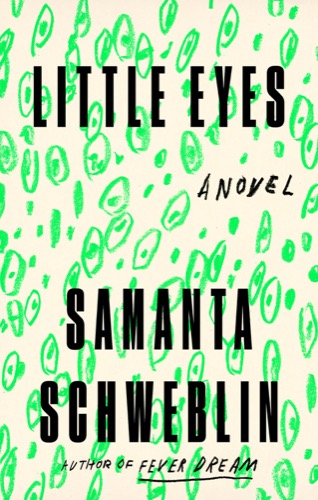
Labubus, tamagotchis, what’s the next adorable toy our cute-crazed society will obsess over? Little Eyes by Samanta Schweblin has the answer: “kentukis”. These little stuffed animals have cameras for eyes, which upload video into a mysterious worldwide server. They can be remotely controlled by a friend or anonymous third party to watch you go about your life! Or you can take control of a kentuki and insert yourself into other people’s homes! What could go wrong? The novel revolves around a cast of kentuki users whose voyeuristic leanings cause them to uncover things they shouldn’t. Love affairs, criminal enterprises, the list goes on. Nobody wants to believe that their adorable little kentuki could be hiding nefarious intent in the glint of its little camera eyes, but its not the kentuki you need to worry about, it’s the person inside the doll.
The Machine Stops
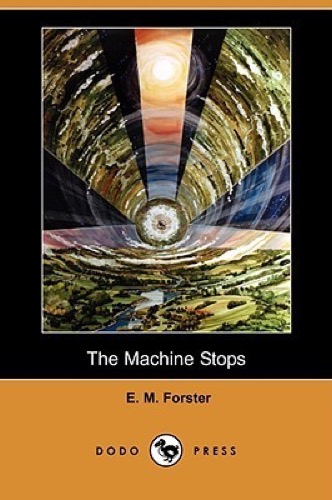
A classic sci-fi novella, E. M. Forster’s The Machine Stops is eerily predictive of a technological dependent future for a story that was first published in the turn of the 20th century. Set in a world where most of humanity lives underground, people spend their entire lives in physical isolation – cloistered in small, subterranean rooms. However, their minds are free to flirt with the rest of humanity through The Machine: a nigh-omnipotent technological construction connecting us all virtually! Yes, this 1909 novel predicted the internet, and imagined a world where humanity’s full time job would be getting in each others’ DMs. Through the use of instant messaging technology, humanity spreads ideas and information, while The Machine makes sure their more basic needs are met. But when happens when *title drop* the machine stops? If you guessed “total societal collapse” ding ding ding! You are tragically correct!
A Scanner Darkly
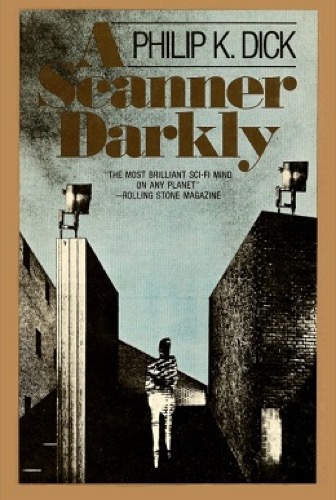
Inspired by a Biblical passage that says our limited spiritual understanding causes us to see reality “through a glass, darkly,” Phillip K. Dick’s A Scanner Darkly is the story of people who seek to change their relationship with reality through time tested methods: hard drugs. In the not so distant future, the streets of LA have been flooded with a drug called Substance D – known to give addicts a high that leads to irreversible brain damage. Bob Arctor is one such addict, slowly losing his mind to the grip of “Slow Death”. Considering that he’s also an undercover narcotics agent assigned to crack down on Substance D, this makes his job considerably harder, with considerable irony. Can he keep is cover and his habit up? To take a Black Mirror cynical point of view, the answer is probably no.
Never Let Me Go

Never Let Me Go by Kazuo Ishiguro offers a common realization that many adults come to when considering their childhood experiences: school is kinda messed up. It’s hard enough spending 8 hours a day with strangers who aren’t your parents, and harder still when you’re forced to spend 24. The children of Hailsham belong to the latter category, kids whose lives are spent sheltered in boarding school. They’re trained in creativity, they’re given little information about the outside world, and they’re told that they’re somehow “helping” society. While I can’t say exactly how these children are contributing to the public without given massive spoilers, I will say that their experience is similar to high-end livestock. They’re raised in comfort now, but someday they’ll come under the knife.
The Lesson
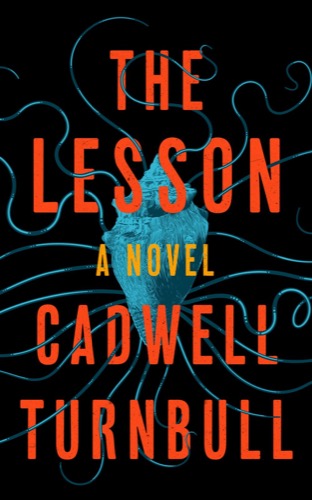
The Lesson by Cadwell Turnbull is an examination of colonialism through the lens of sci-fi. Set in the Virgin Islands, the plot revolves around the tenuous relationship between local islanders and their new alien overlords. The super-advanced Ynaa say that they are on Earth for a “research mission,” but trying to get any more info out of these extraterrestrials is about as fruitful as asking a rock to recite “The Pledge of Allegiance.” While the Ynaa claim to be a peaceful people, they respond to any perceived act of human disobedience with explosive aggression. After a young boy is killed by the Ynaa, three local families demand that the invaders be held responsible for their actions – the invaders disagree. A subversion of sci-fi stories of oppression like District 9, Cadwell’s novel is a profound read about a people pushed too far.
The Employees
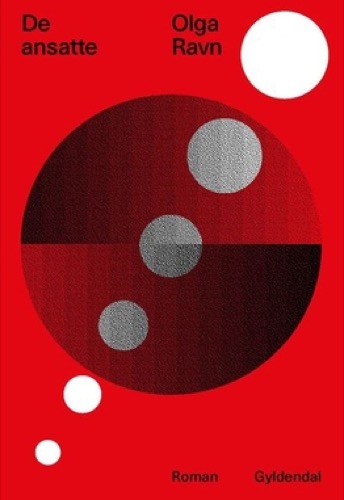
Olga Ravn’s The Employees reads like the Black Mirror writer’s room put out a poetry anthology. The story takes place on the Six-Thousand – a corporate controlled spaceship assigned to explore the distant planet of New Discovery. Crewed by a team of androids and humans, the Six-Thousand’s environment is chilly, rational, and void of emotion – until the team recovers mysterious artifacts that cause them to question existence. An epistolary novel, the story is told through a series of data log entries all taking place at non-consecutive times throughout the Six-Thousand’s mission. What happens when a bunch of intellectuals and robots devote their minds to answering what it means to be alive? When they’re employed by a company that cares about their bottom line above all, my guess is they’re in for some “restructuring.”
Hell Is The Absence of God
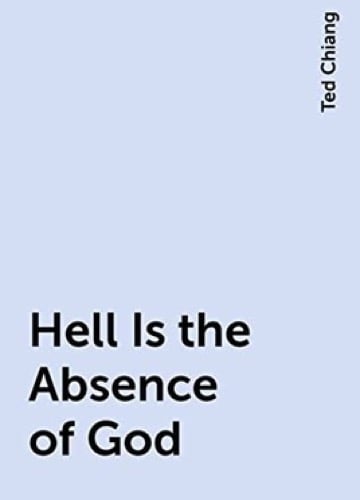
One of the best short-fiction writers in the sci-fi game, Ted Chiang returns with the woefully moving Hell Is The Absence of God. Part sci-fi, part fantasy, part Black Mirror-toned satire, this byte-sized novel takes place in a world where God is real, and angelic visitations are common (albeit catastrophic) occurrences. After his wife dies in the fallout of an angel’s landing, the non-religious Neil Fisk seeks a new relationship with God after seeing his sweetheart’s soul ascend to Heaven. He goes on the hunt find an angel – a surefire way to ascend to the pearly gates – but his journey to find paradise has unexpectedly hellacious consequences. Ending with a twist so darkly ironic it could make the Black Mirror writers’ room clutch their collective pearls, this novel tackles the cosmic horror reality of a universe where bad things happen while God sits back and watches.
The Seep

The Seep by Chana Porter is a post-alien invasion story. Spoiler alert: we lost. But instead of annihilation, the alien entity that has taken over the Earth has instead offered us paradise on a platter. Using its god-like power, eldritch entity The Seep has freed the world from hunger, violence, and want – allowing humans to pursue idle lives full of pleasure. After her wife Deeba uses Seep-tech to joyously relive life as a baby, her ex-wife Trina painfully learns that even heaven has a downside. Heartbroken and on an alcoholic bender, Trina decides to strike out against The Seep, freeing its most devoted adherents from control one drink at a time. If there’s one thing Black Mirror loves, it’s a false utopia plot.
The Memory Librarian: And Other Stories of Dirty Computer
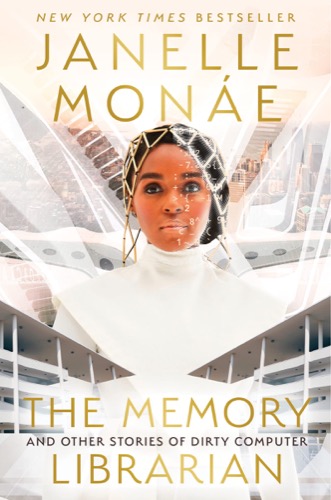
Written in tandem with her Dirty Computer album, Janelle Monáe’s The Memory Librarian: And Other Stories of Dirty Computer expands upon the world behind the project. Set in a near-future world controlled by the totalitarian New Dawn regime, a woman named Seshet works for the technocracy as a “memory librarian.” Able to delete and reprogram people’s memories, Seshet works to ensure that civilians know what New Dawn wants them to know – and no more. After discovering that her lover is part of a rebel sect plotting to overthrow New Dawn’s rule, Seshet begins to questions where her loyalty should lie. Join the rebellion for the plot, Seshet. The Black Mirror fans will love it.
Have a tip we should know? [email protected]




.jpg?w=600)


